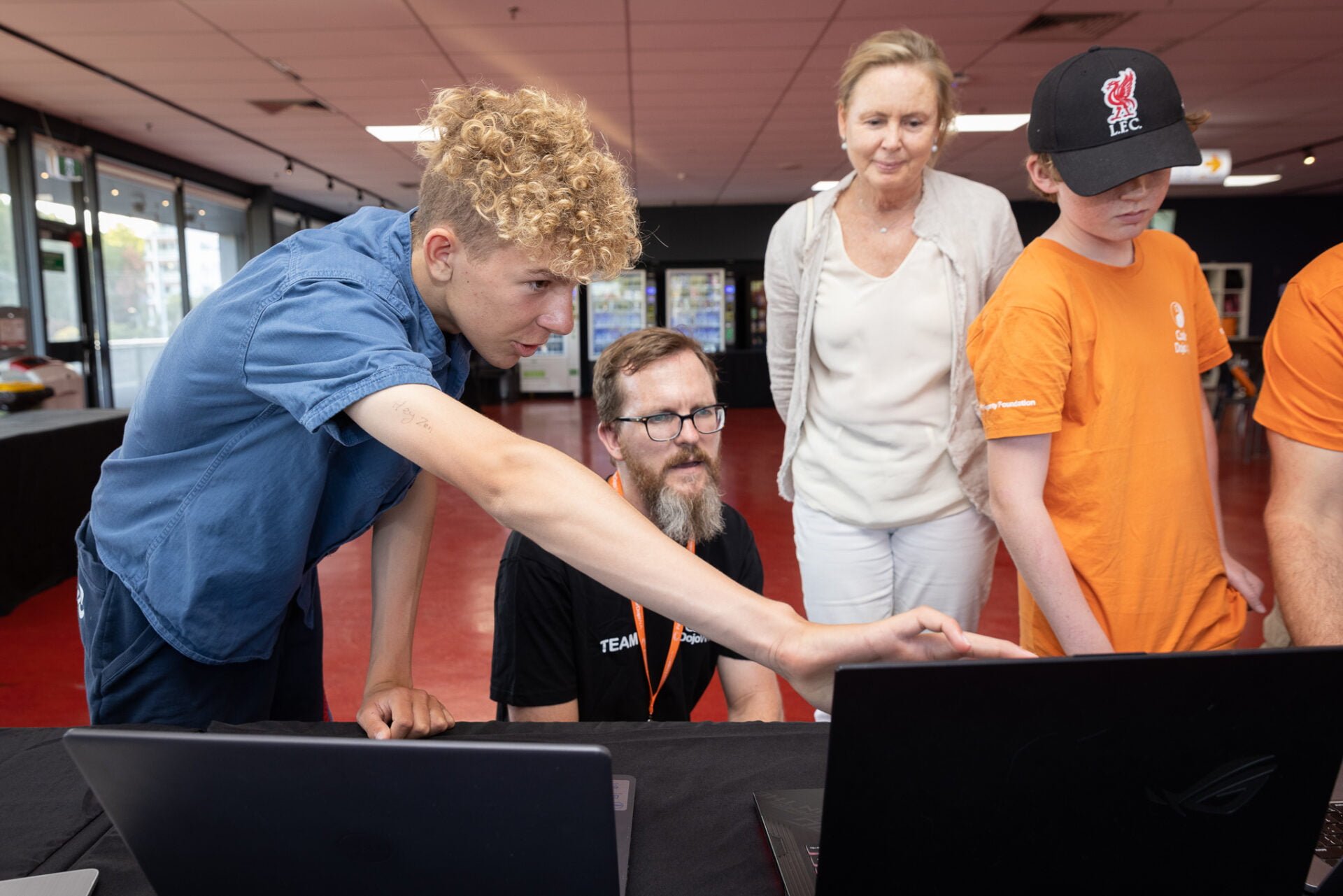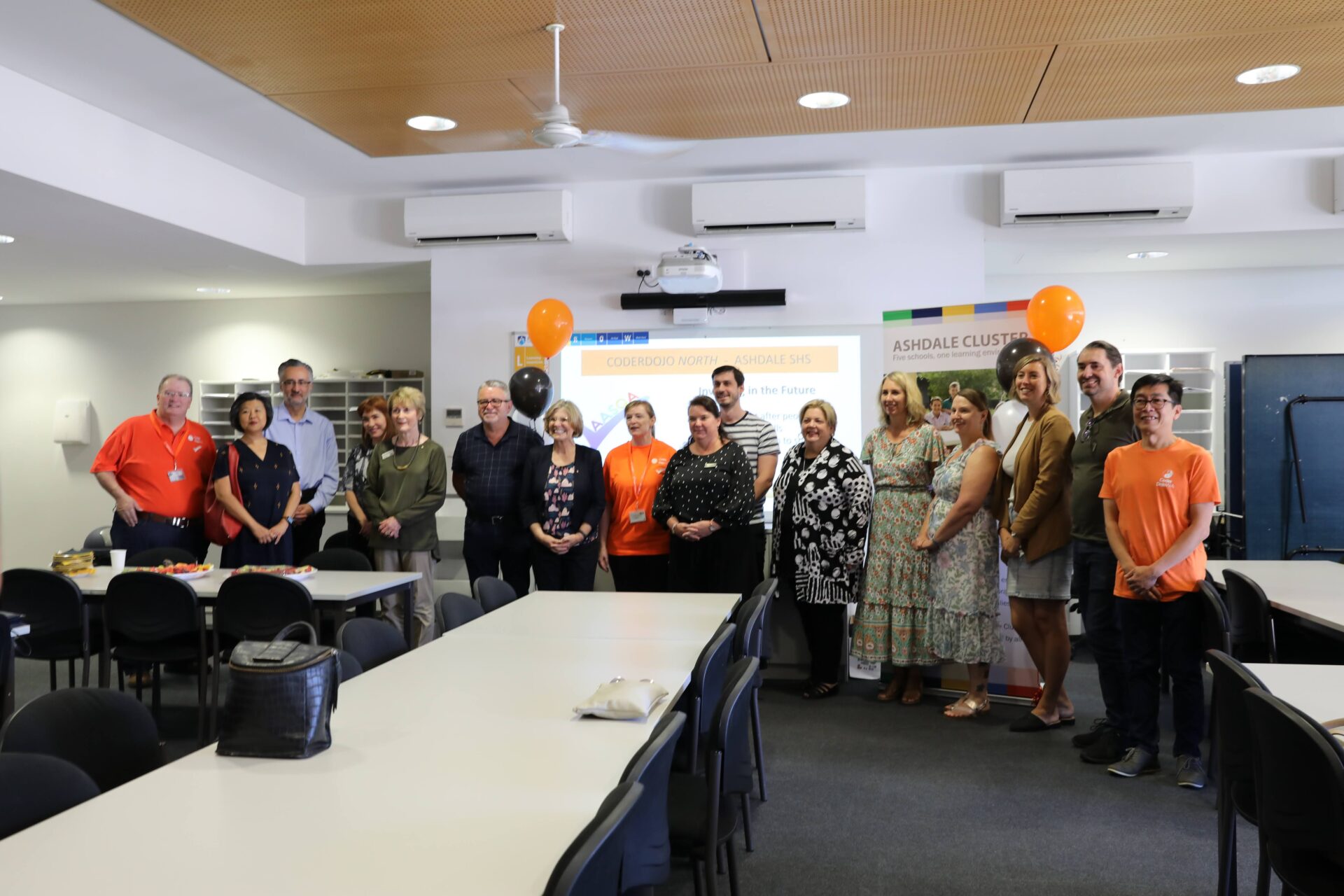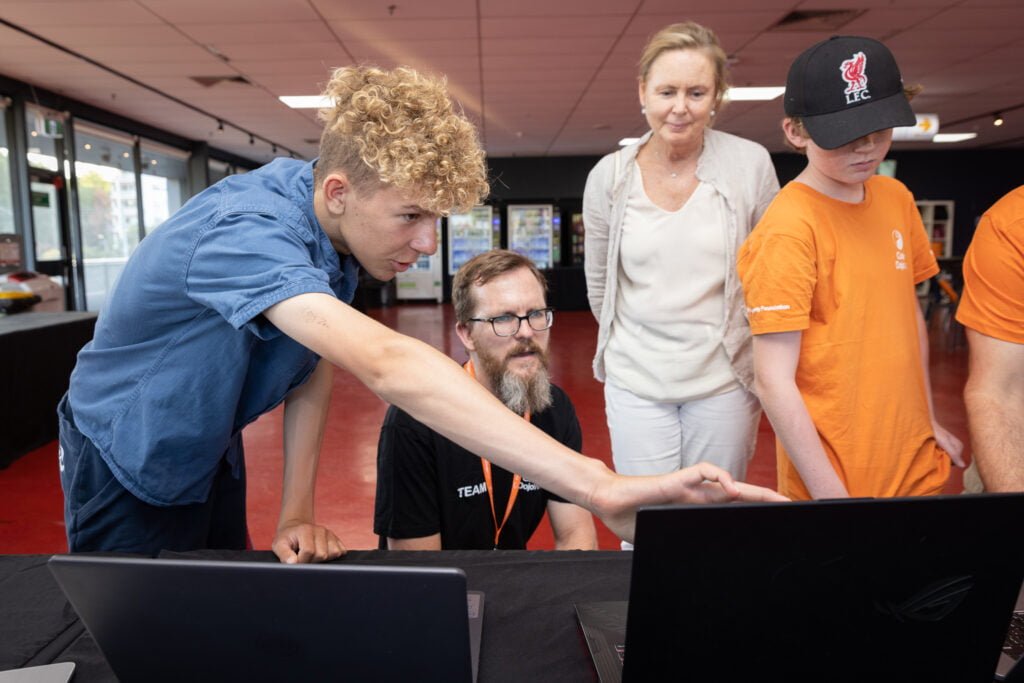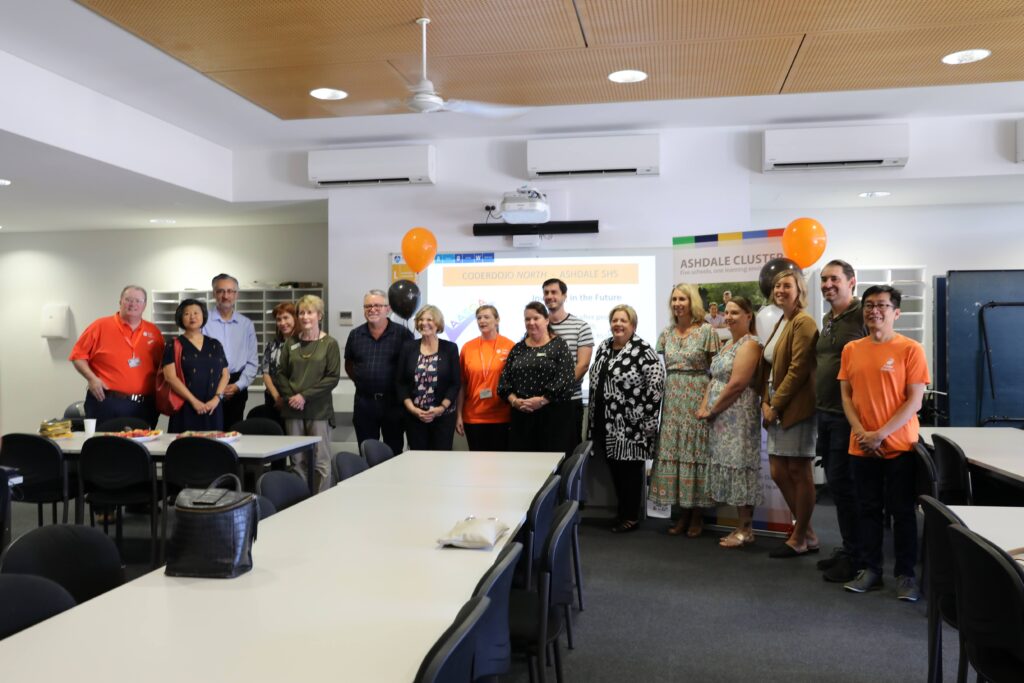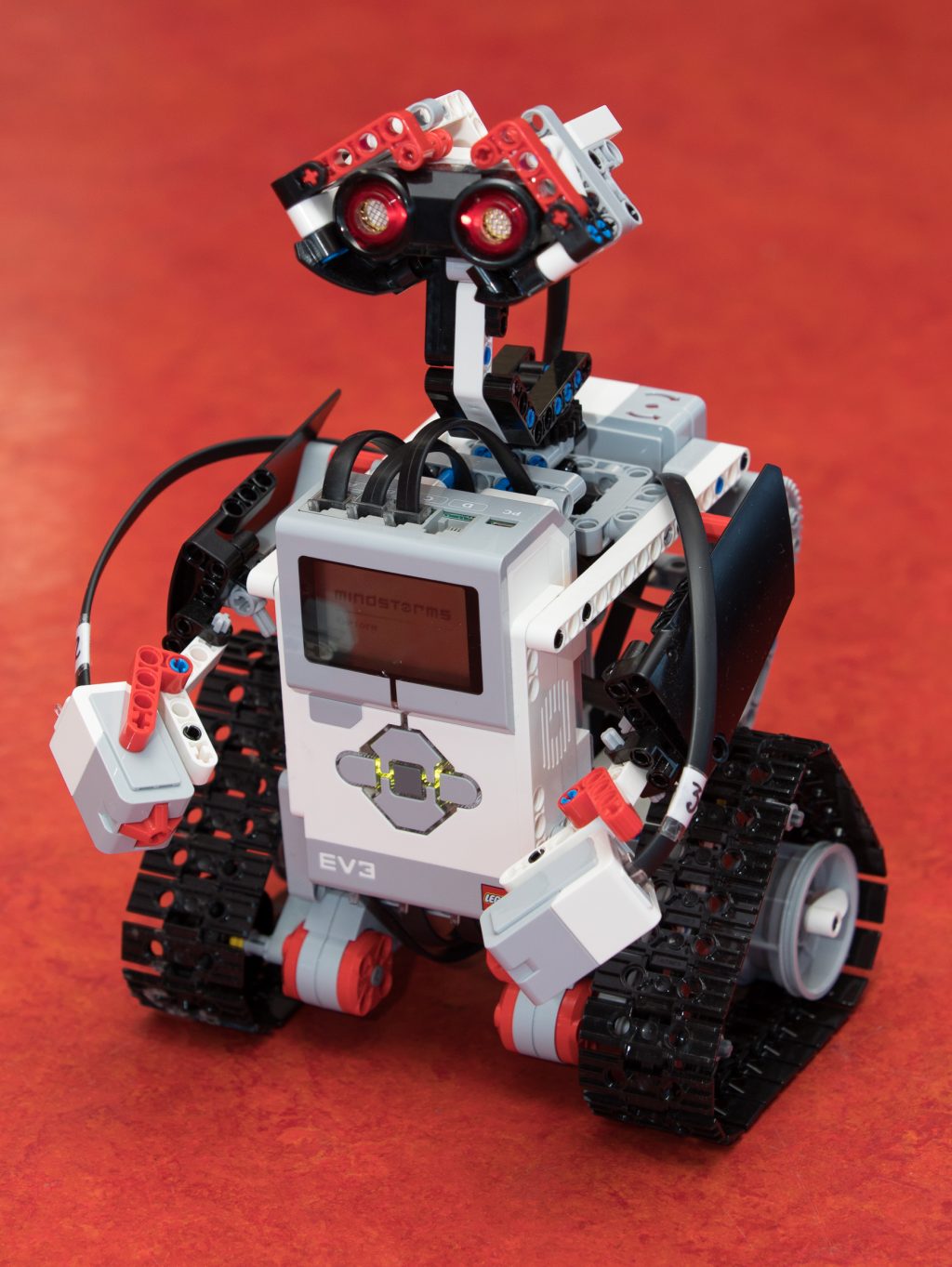EDfutures Influencer: Rees Barrett
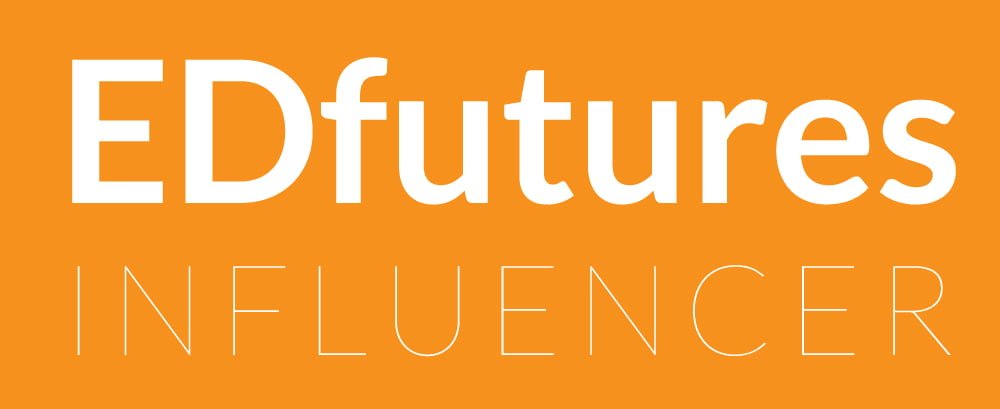
Rees Barrett, School Programs Coordinator, UNAAWA
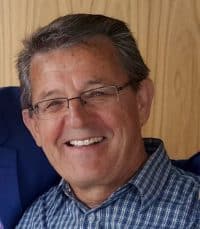 Rees has 45 years’ experience in education including secondary teaching in the Humanities and Social Sciences area (geography, history and citizenship), educational administration, curriculum, assessment and school review. Curriculum experience includes the Kindergarten to Year 10 Social Studies syllabus (1980s), National curriculum for Australia (1990s) and VET in Schools. Rees has published textbooks in Australian geography and a primary library series Significant People in Australia’s History (2009). Since retiring from full-time work in education, Rees had led the development of the UNAA Global Citizenship Schools and related programs.
Rees has 45 years’ experience in education including secondary teaching in the Humanities and Social Sciences area (geography, history and citizenship), educational administration, curriculum, assessment and school review. Curriculum experience includes the Kindergarten to Year 10 Social Studies syllabus (1980s), National curriculum for Australia (1990s) and VET in Schools. Rees has published textbooks in Australian geography and a primary library series Significant People in Australia’s History (2009). Since retiring from full-time work in education, Rees had led the development of the UNAA Global Citizenship Schools and related programs.
Tell us a bit about UNNAWA and how the organisation developed…
“Supported by a dedicated Executive and Education Reference Group, we set out in 2016 to build a network of schools and curriculum resources that promote active global citizenship. In a world of rampaging nationalism, we aspire to support schools seeking a broader perspective of citizenship for their students. Global challenges require global solutions.
The UNESCO model for Global Citizenship Education (GCEd) provides an ideal pedagogic platform, confirmed by its underpinning of the new PISA Global Competence test (2018). We tested its alignment with the new WA curriculum, demonstrating that GCEd is a value-adding curriculum lens rather than additional curriculum content.
The UN 2030 Sustainable Development Goals (SDGs or Global Goals) provide a concrete, unifying context for engaging our youngsters with authentic, integrated learning and problem-solving wholly relevant to their futures. Through this mix, we are adding value to our WA ‘curriculum capital’.”
Can you tell us some of the success stored from UNNAWA?
“The UNAAWA GCEd Schools network now has 27 members (from Kindergarten to Year 12) and our digital resources bank has over 25 items aiming to support teachers’ and students’ understandings of the ideals and work of the UN. Nine experienced speakers have joined our ‘human library’ in the School Speakers program and we are in our third year of Student Parliaments. We attracted nearly 100 students from 15 schools in two ‘sittings’ of the parliament this year. They designed and pitched student-led, school-based SDG projects.
Three award programs use our global brand to promote outstanding GCEd initiatives in WA schools. The Yolande Frank Art Awards promote human rights education, engaging students (Year 4 to Year 12) in visually communicating a selected right. The Student Global Goals Challenge recognises student initiatives in one or more of the SDGs. The World Teachers’ Day Awards recognise diverse, outstanding teacher GCEd.
The School Curriculum and Standards Authority approval of the UNAAWA Global Citizenship and Sustainability program as WACE-endorsed units (2018 to 2022) is our most recent success. We aim to promote the creativity and intercultural understanding of our students by building a sample of their SDG innovations developed through this program. Year 10 STEM students at Shenton College who are piloting the program will provide our first samples and gain credit towards their WACE.”
How important have community partnerships been as you have developed and grown UNNAWA?
“The Learning Futures team at Curtin University was among the first to provide affirming support. Professor David Gibson, a world-recognised leader in his field, advised us that students participating in UNAAWA programs are eligible for Curtin SHAPE Scholarships. He encourages students to retain evidence of their learning through UNAAWA programs as ‘valuable Portfolio information about the kind of learning needed for the future’.
We now have a rapidly growing list of partnerships formed with like-minded groups including our member schools, Curtin Learning Futures, Fogarty EDfutures, One World Centre, Young Australians Plan for the Planet, Sustainable Schools Alliance WA, Museum of Freedom and Tolerance, Sustainable Development Goals Network and Meerilinga. These partnerships highlight the important unifying power of the SDGs and the critical role of civil society in progressing positive, democratic change.
We set out with a vision of empowering young Australians in our complex, uncertain world. The UNESCO GCEd model and UN SDGs provide our vehicle for achieving that vision. Our intergenerational work contributes to the moral imperative of building a fairer, sustainable world. Curriculum innovations like the UNAAWA WACE-endorsed units support schools wanting to provide highly relevant and engaging contexts for students to integrate and apply learning across the curriculum.”
Learn more about UNNAWA’s School programs.
